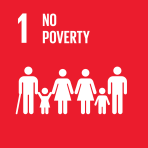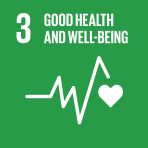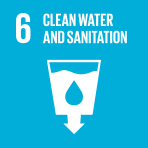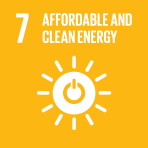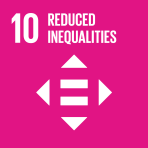Less than one in every ten students are enrolled in tertiary education in Sub-Saharan Africa. These numbers get even more alarming when it comes to the informal settlements. After a decade of collaborating on sustainable empowerment programs for primary and secondary students living in informal urban settlements, Kuumba Scholarships was created as a place to open university and professional development opportunities for the exceptional students we have encountered in East Africa.
There is an obvious gender gap when it comes to girls education in Kenya. Of the 85% of learners who progress from primary to secondary school only 30% proceed to higher education and women account for just one third of total enrollments. This has a significant impact on women’s job opportunities in later life.
Our Operating Principles
Passion
Powered by technology and passion, we leverage our own resources, networks and knowledge to empower as many as possible of Africa’s most vulnerable children, particularly females, living in informal urban settlements
Sustainability
We strictly spend for sustainable impact and shared value creation over one time aid and projects
Hands-on
We holistically support all of our scholarship recipients along their entire education and personal journey
Development for all
100% of our investments are dedicated to:
• education and leadership development
• the democratisation of technology and reduction of the digital divide
• sustainable health and wellbeing for vulnerable students
• particularly females economic development of the communities in which we serve
Kuumba Sustainable Development Initiatives
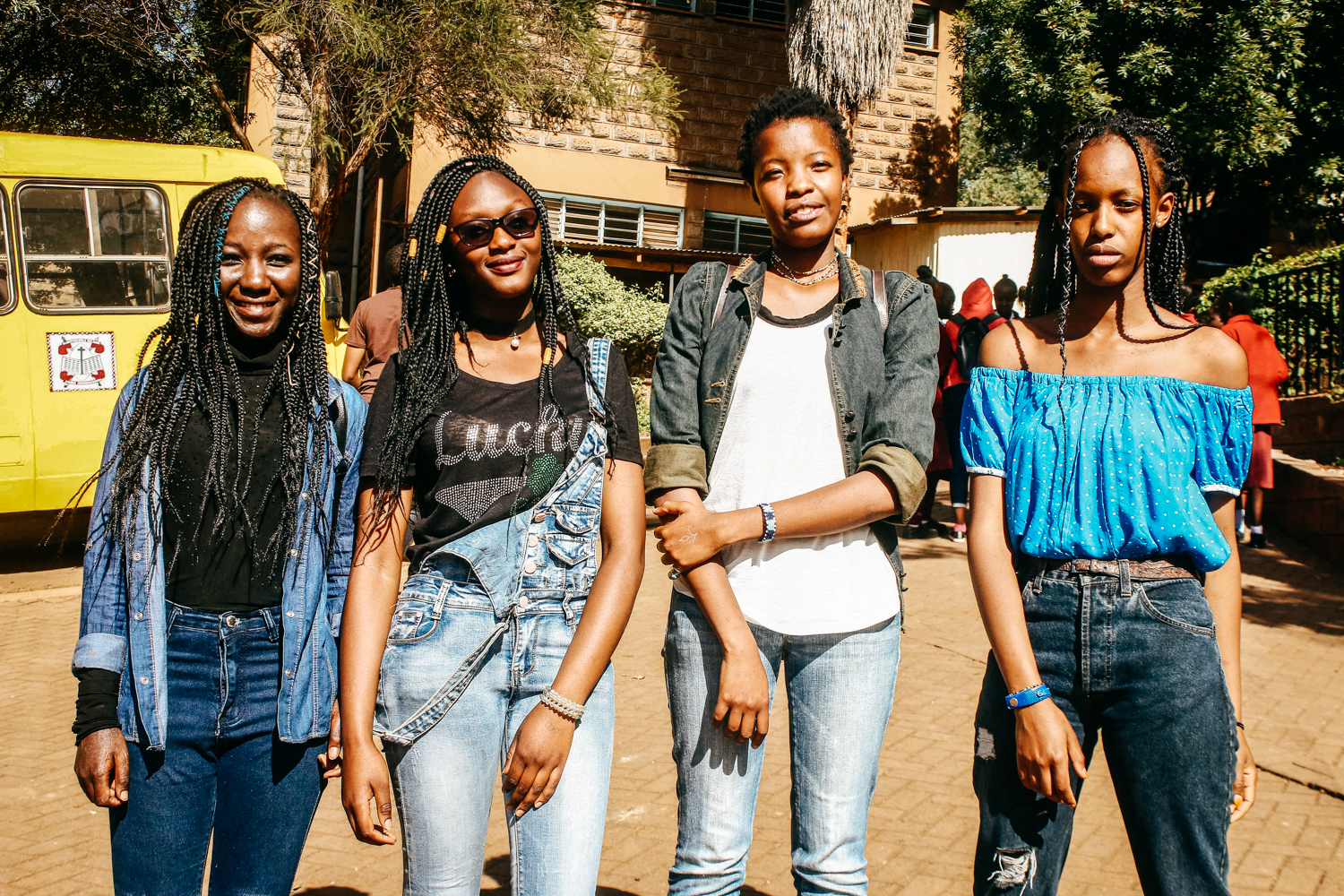
University Scholarship
Partnering with the prestigious African Leadership University in Rwanda, we offer full scholarships to deserving young women who graduate from St Martins School. These Scholars pursue a 3 year degree course in either Computer Science, Entrepreneurship, International Business and Trade or Global Challenges, learning 21st century skills which will set them up to become future leaders.
Read more...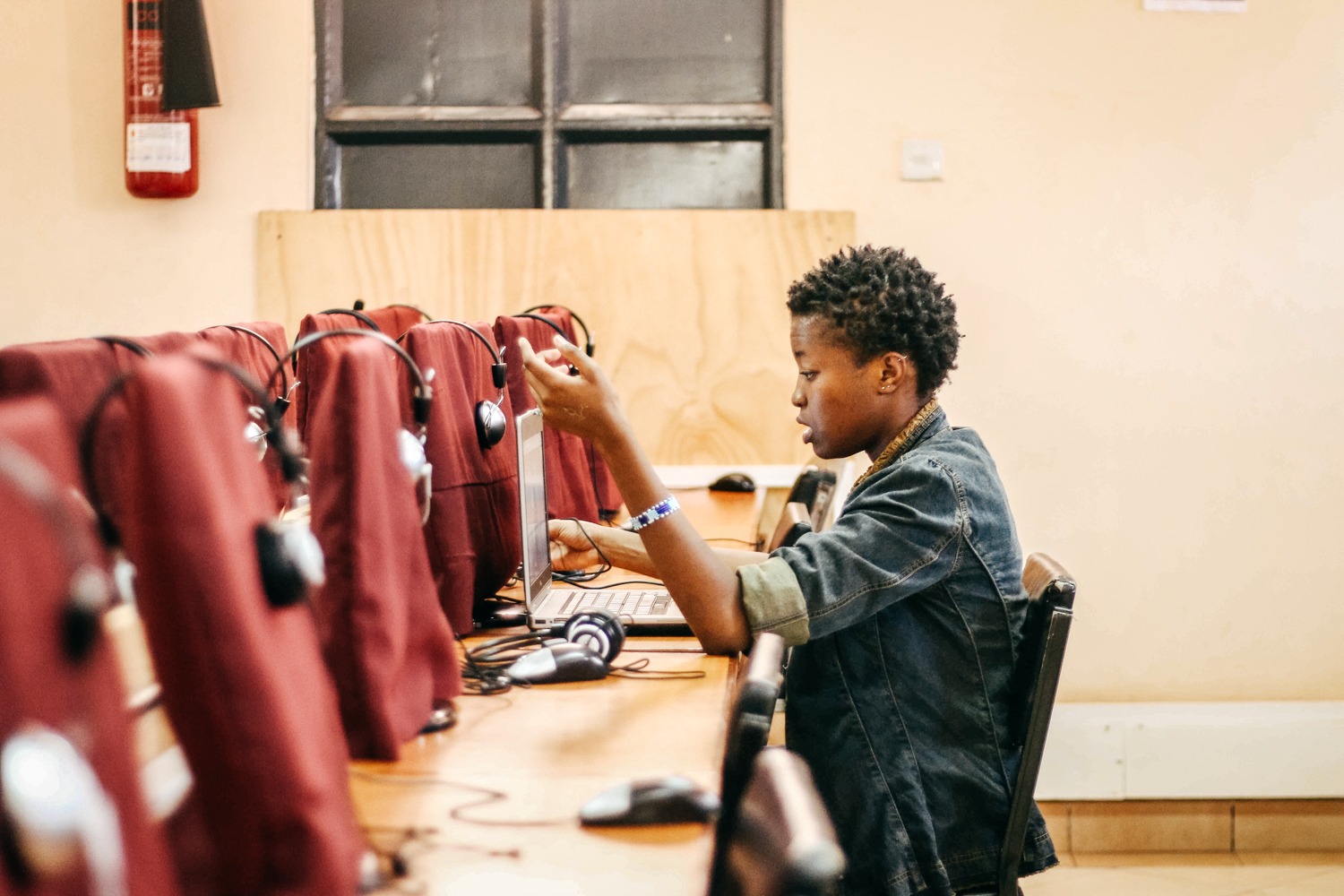
Digital Education
Our Kuumba founders partnered with local a local education partner, Camara, to bring scale and digital offerings to both the Primary and Secondary schools at St. Martin’s. Since 2017, Camara has built two modern computer centers and provided laptops for all the teachers. In addition, Camara and Kuumba launched a formal e-learning math and language platform.
Read more...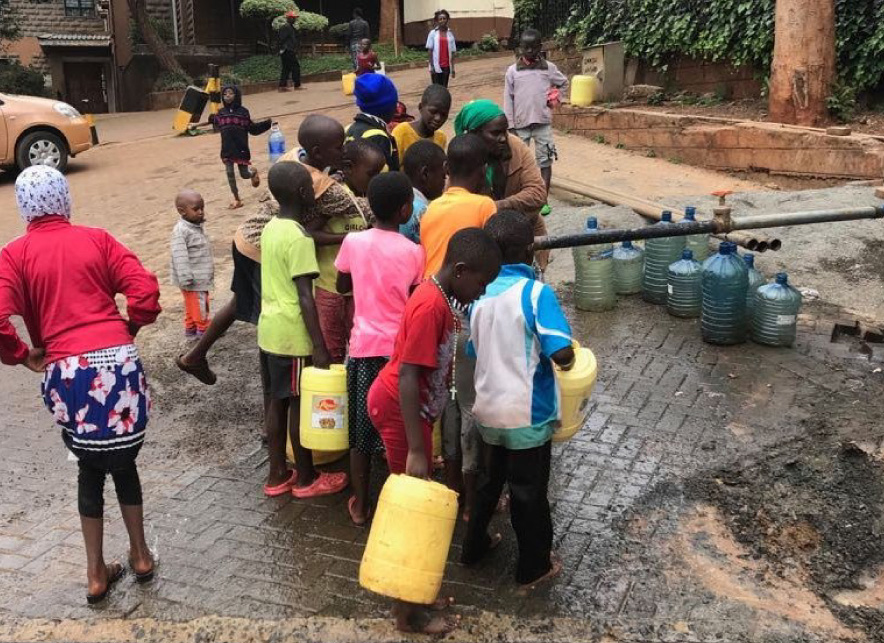
Sustainable Clean Water Project
In Collaboration with Salesforce, a new borehole was built to supply St Martins School with clean water. This borehole is now powered by Solar Panels, ensuring a sustainable way to meet the daily water needs of its students and staff
Read more...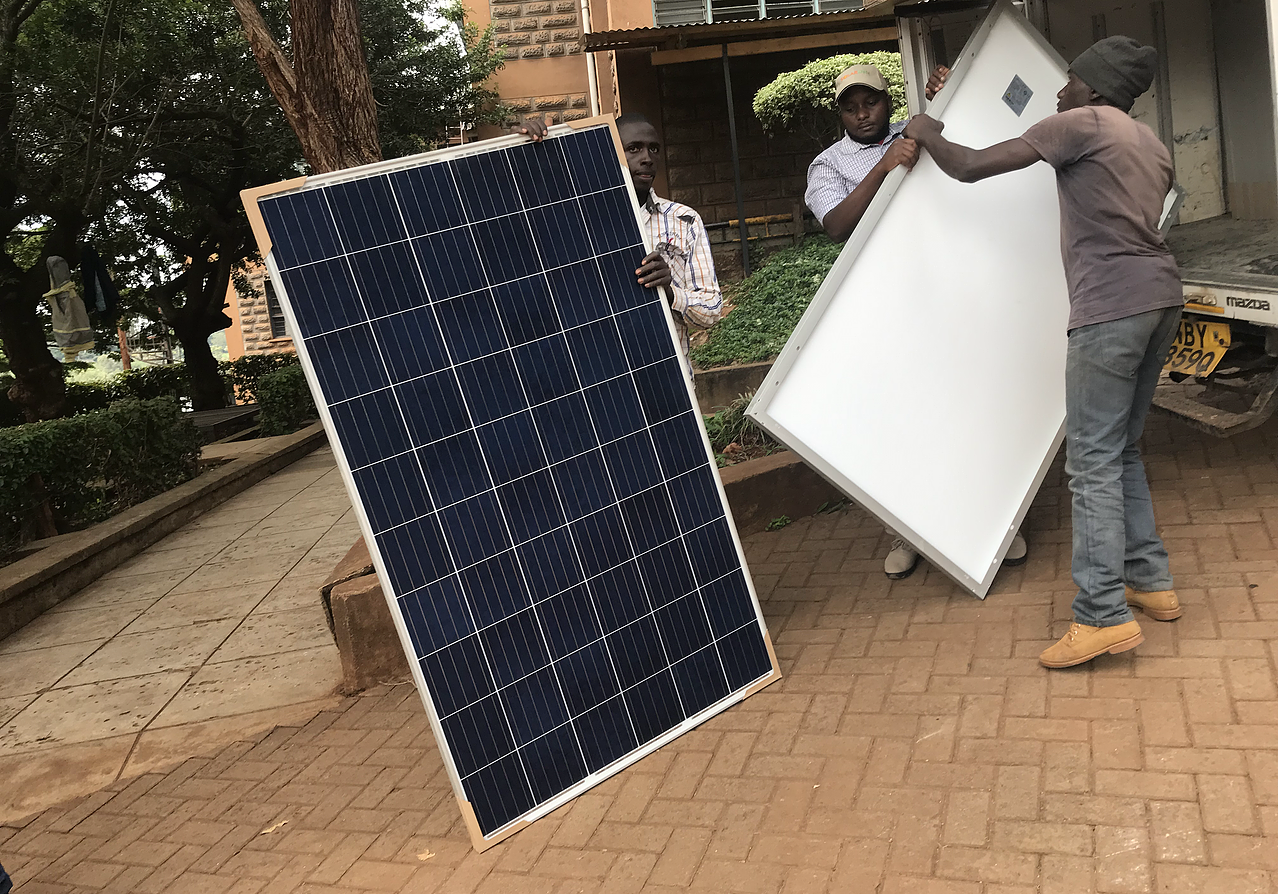
Sustainable Clean Energy Project
Through our generous donors and partners, we are proud that St Martins School has been fully solarized with clean and reliable Energy. This has greatly improved learning efficacy and has helped reduced electricity costs.
Read more...I feel extremely lucky to be the first Kuumba Education Scholarship winner. This opportunity has enabled me to travel outside my home country to a great University with diverse cultures from across Africa. Joining ALU, meeting new people, interacting with different cultures, and learning from peers has made me a more open-minded and curious person, eager to learn new things and develop my growth mindset.
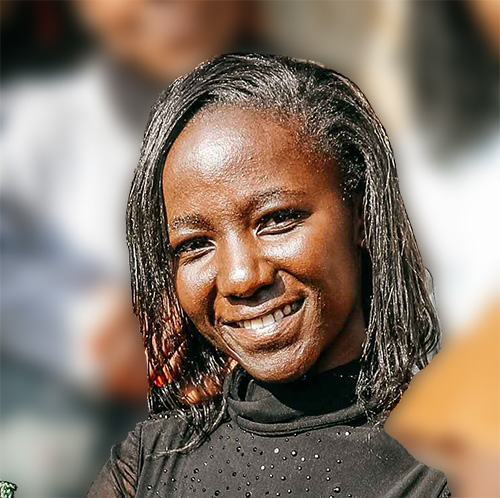

How can you help?
Donate
With your support we can continue our mission to provide much needed education and opportunities for young people in Kenya .
Mentor a Student
Having a mentor to provide valuable support and guidance as our students grips with university life and figure out the person they want to become is so important. If you're interested in becoming a Kuumba Mentor, get in touch with us at
Sponsor a Scholar
By becoming a Kuumba Scholarship Sponsor you are giving a student fair access to a bright future. For more information about sponsoring a scholar get in touch with us at
Who is behind Kuumba?
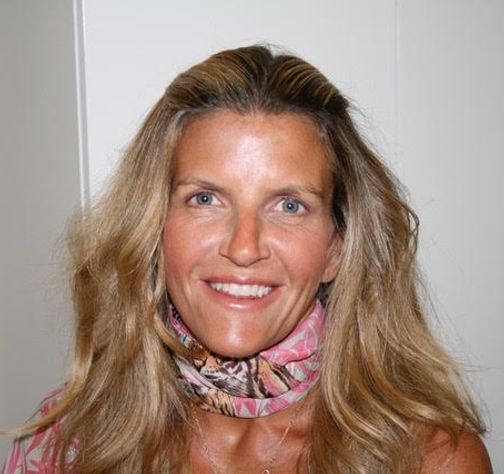
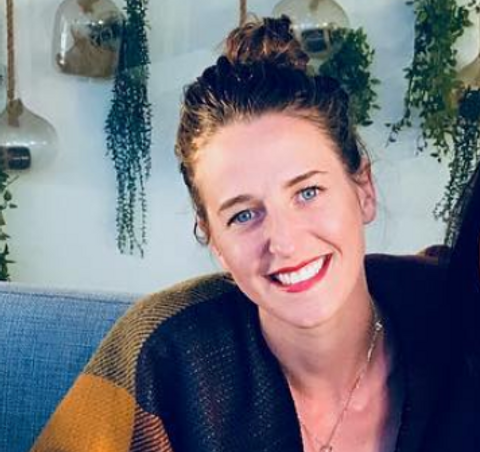
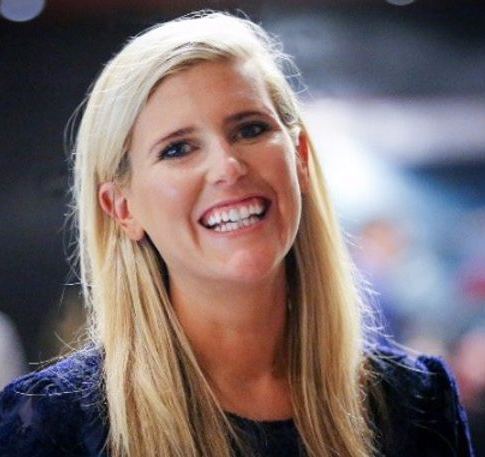
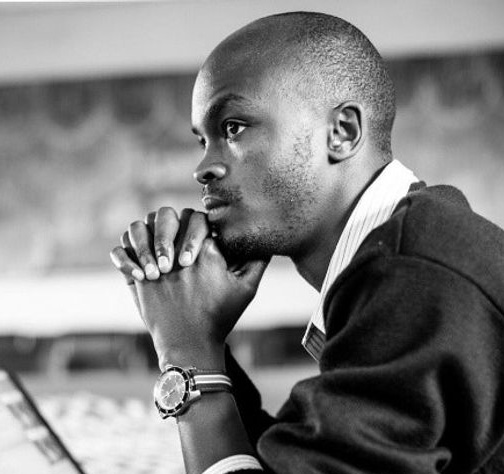

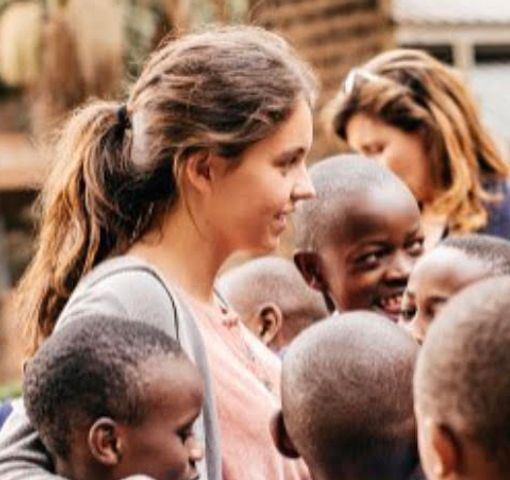



PROUD TO COLLABORATE WITH













We commit to making a positive impact on eight SDGs
